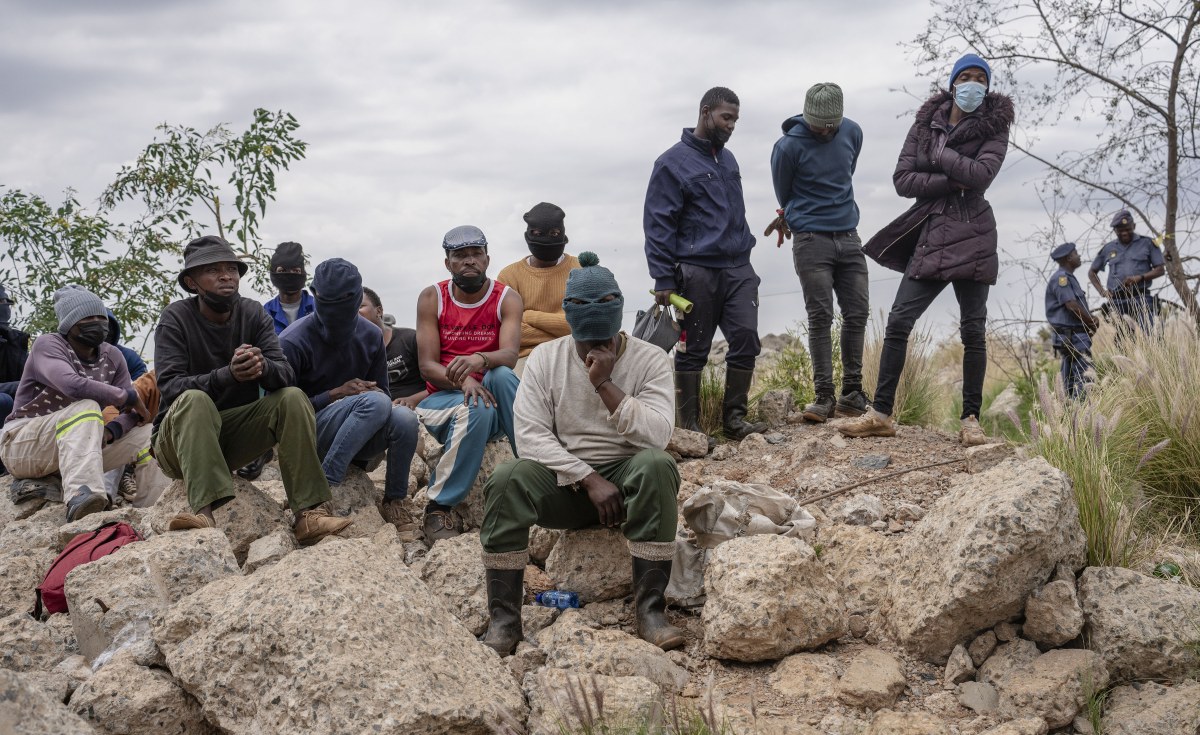Nairobi, Kenya — The U.S. government has sanctioned three rebel leaders accused of fomenting political instability, conflicts and civilian displacement in the Democratic Republic of Congo.
The U.S. Department of the Treasury’s Office of Foreign Assets Control on Thursday imposed sanctions on Corneille Nangaa, leader of the Congo River Alliance, a rebel group accused of seeking to overthrow the government and driving political instability in the DRC. Nangaa was previously targeted with sanctions in 2019.
Washington also sanctioned Bertrand Bisimwa, the leader of the March 23 movement rebel group, for destabilization and human rights violations. Charles Sematama, deputy military leader of another rebel group, Twirwaneho, was also sanctioned.
‘They are standing with them’
Great Lakes region political researcher and analyst Ntanyoma Rukumbuzi said the United States is trying to show it cares about the DRC and wants to punish those who want to create instability in the central African nation.
“The U.S. wants to convince the Congolese, the general audience, that they are standing with them and paying attention to what is happening in the DRC,” said Rukumbuzi. “They can still do something to push or force the rebel groups to stop fighting. As you can see, some of these sanctions seem to disregard and overlook the entire complexity of the violence in eastern DRC.”
In a statement, the U.S. government said the action it is taking reinforces its commitment to hold accountable those who seek to perpetuate instability, violence and harm to civilians to achieve their political goals.
The M23 as a group is also under U.S. sanctions. For several years, it has been fighting the Congolese army and other rebel groups in the east of the country. According to United Nations estimates, more than 7.2 million Congolese are displaced due to conflicts.
Oliver Baniboneba, a Congolese refugee living in Uganda, said U.S. sanctions won’t end the suffering of the Congolese.
There is a country with money that is supporting Nangaa, said Baniboneba. “It will continue to fund him, and the killing goes on,” he said.
High hopes for sanctions
The Congolese government has accused Rwanda of supporting the M23 rebel group, a claim denied by Kigali. Rukumbuzi also said the sanctions won’t stop the operations of the rebel groups.
“They have been fighting for several reasons,” said Rukumbuzi. “There are different individuals and groups who have something to fight for. It may disturb them and try to understand and possibly try to dispatch roles to different individuals, but this won’t stop the rebels from fighting.”
The U.S. hopes the sanctions against the leaders and groups will change their violent ways and persuade them to find a peaceful means to address their grievances instead of killing and displacing innocent people from their homes.










